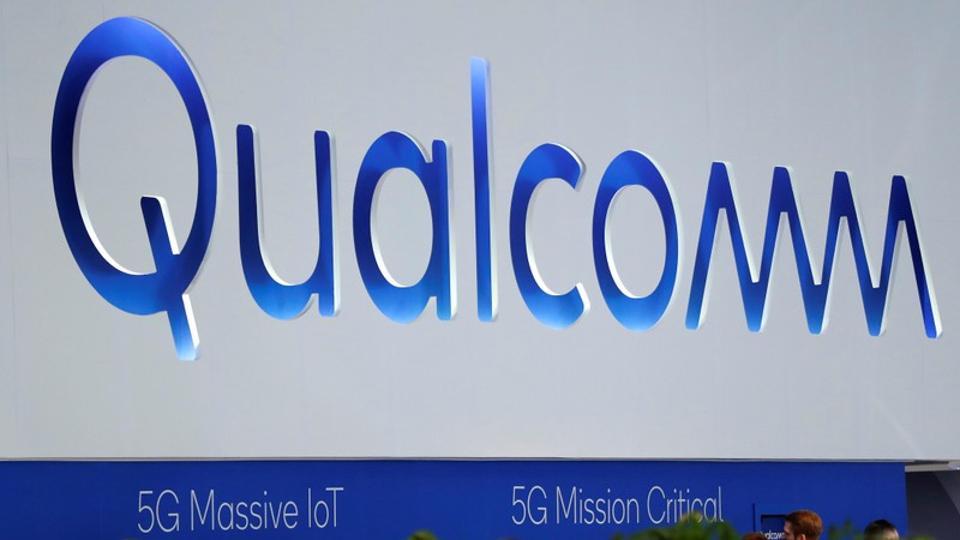Qualcomm kicks off crucial fight with US antitrust regulator over mobile chip monopoly
Apple will be closely watching the case, as it has its own pending lawsuit making similar claims against Qualcomm.

The US Federal Trade Commission's antitrust case accusing Qualcomm Inc of abusing a monopoly on mobile chip technology kicked off in a California courtroom on Friday in a trial whose outcome could have a major impact on the smartphone industry.
If the government prevails in the 10-day, non-jury trial before U.S. District Judge Lucy Koh, in San Jose, California, Qualcomm could be forced to change its practices for licensing a trove of patents to manufacturers like iPhone maker Apple Inc.
Apple will be closely watching the FTC case, as it has its own pending lawsuit making similar claims against Qualcomm.
The outcome of the case will have a major impact on any settlement discussions between Apple and Qualcomm, Canaccord Genuity analyst T Michael Walkley said in a research note.
Though well-known as a maker of smartphone chips, Qualcomm derives more of its profits licensing patents to other companies.
The FTC's 2017 lawsuit alleged San Diego-based Qualcomm maintains an anticompetitive "no license, no chips" policy under which it only supplied processors to phone manufacturers if they agree to inflated patent licensing terms.
"Qualcomm says you will pay our rates if you want our chips," Jennifer Milici, an attorney for the Federal Trade Commission, said during opening arguments. "The only way to arrive at a market rate [for Qualcomm's patents] is to negotiate without that threat."
The agency also said Qualcomm pushed Apple into an anticompetitive deal in which the iPhone maker received financial rebates in exchange for only buying Qualcomm's chips, undermining competition from Intel Corp.
But Robert Van Nest, an attorney for Qualcomm, said during opening arguments that Qualcomm entered a deal with Apple because the iPhone maker was asking Qualcomm to invest billions to make Qualcomm chips work in the iPhone with no guarantee of how many chips Apple would ultimately buy. He argued the deal was made on market terms, as were others Qualcomm made with phone makers.
"Samsung, Lenovo, Huawei - they're big companies that throw their own weight around," Van Nest said. "There's a big difference between hard bargaining and threats and coercion."
Qualcomm has argued it achieved market dominance through technological leadership. The company began its licensing business in the 1980s and 1990s, decades before it began selling chips, and has charged broadly similar patent rates since then.
"Years before there was any chip business, Qualcomm went out to the market to raise money to do this inventive work," Qualcomm's Van Nest told the court. "If these folks thought that these rates were unfair, these folks had years to deal with it. The rates didn't go up when Qualcomm started selling chips."
But Qualcomm's business practices have also been investigated by regulators in South Korea, China, Taiwan, and Europe. Qualcomm has accused Apple of driving those regulatory actions.
European antitrust officials hit Qualcomm with a 997 million euro ($1.14 billion) fine in January 2018, saying the firm unlawfully paid billions of dollars to Apple so it would not buy from rivals. Qualcomm has appealed the determination.
Apple and Qualcomm are also locked in a global legal dispute. After Apple brought its antitrust case, Qualcomm responded by accusing Apple of using patented technology without authorization.
In December, Qualcomm won rulings limiting iPhone sales in Germany and China.
Catch all the Latest Tech News, Mobile News, Laptop News, Gaming news, Wearables News , How To News, also keep up with us on Whatsapp channel,Twitter, Facebook, Google News, and Instagram. For our latest videos, subscribe to our YouTube channel.


























